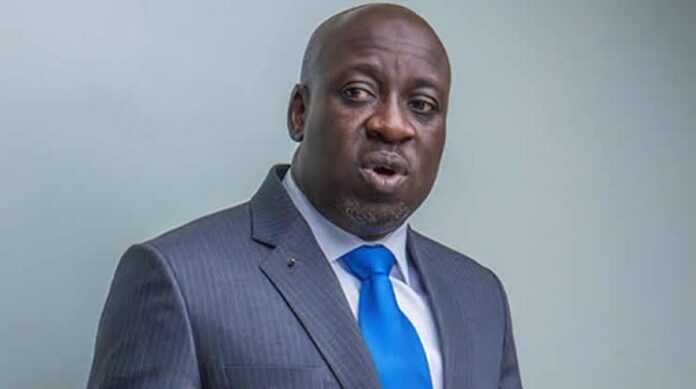
Bolaji Abdullahi, former minister of youth and sports development, has asked the federal government to find “creative ways to manoeuvre around” the coronavirus pandemic so that Nigerian students can write the West African Senior School Certificate Examination (WASSCE) this year.
The federal government has said students of its 104 schools across the country will not participate in the yearly examination because of the pandemic, urging states and private school owners to follow suit.
However, a number of states in southern Nigeria have declared their intention to put measures in place and go on with the examination, while other West African countries are also going ahead.
Read more: What Parents Say About JAMB’s New Directive On ‘No NIN, No Registration’
Abdullahi, who was also Kwara state commissioner for education from 2003 to 2007, told TheCable that the federal government should not foreclose the options before it.
“The best we can do is to find ways to keep life going even in the midst of the pandemic and continue to find creative ways to manoeuvre around it. It is what we are doing with the airlines. It is what we are doing with the markets. It is what we are doing with sundry other sectors that we have allowed to resume even as the pandemic rages still,” he explained.
He said the decision not to participate in the exams will affect 1.5 million students this year, and this can get complicated if the pandemic continues into next year, meaning the number of affected students will double.
Abdullahi said: “The Federal Government is understandably afraid of what could happen, God forbid, if it allows people’s children to gather to write the SSCE examination in the midst of the raging pandemic of COVID-19.
“When it comes to COVID-19, there is no easy answer, and there will always be trade-off. Federal Government is therefore choosing to err on the side of caution by asking children not to write the examinations.
“However, the easier or safer options are not necessarily the best. The relative net consequences of all available options have to be considered and weighed against one another. When we consider that this safe option will mean that about 1.5 million children will be left hanging for one year and by next year, this number will double, along with all the implications, then we must force ourselves to think more deeply and begin to consider even more difficult options. No one knows if this pandemic will end next year, or even in the next five years. God forbid, but what happens if it actually gets worse next year and the year after?”
Advising the government to be creative, he said there are questions that the decision-makers should consider in arriving at a final decision.
“Can we get the exact number of students eligible to write WASC examination this year? Can we study their spread across the country? What logistics challenge does each location present in terms of COVID-19 safety measures? How long does it normally take to write the examination? Do we need to stretch it out longer to allow fewer number of candidates into the examination hall at one time? Can we set up minimum safety requirements that each centre must meet if it must serve as an examination centre? Do we need to request for a postponement for another month or so to enable us put all these measures in place?” he asked.
“Even the south-west states would value the lives of the children more than they value education. Same with other countries in the WAEC arrangement. Why then, are they insisting on proceeding with the examinations? Are there things we can learn from them in rolling out a nationwide plan? The decision not to write the examination is an option. But we need to consider other options as well and chose what is best for the children rather than what we consider most convenient for everyone.” (TheCable)















